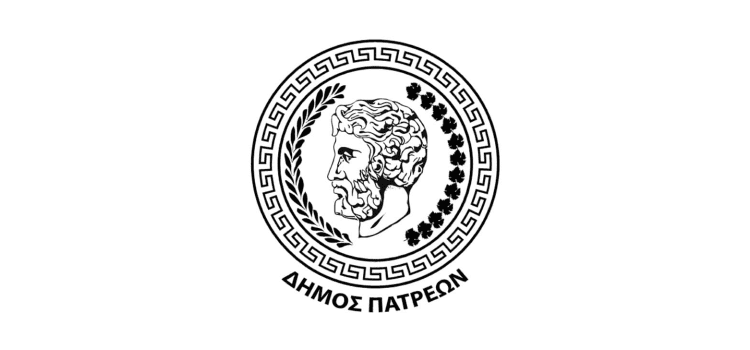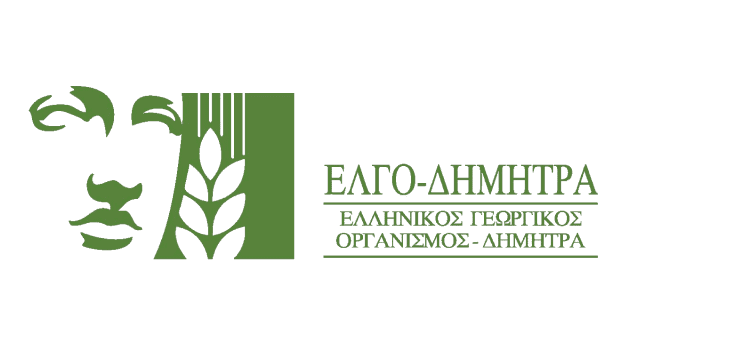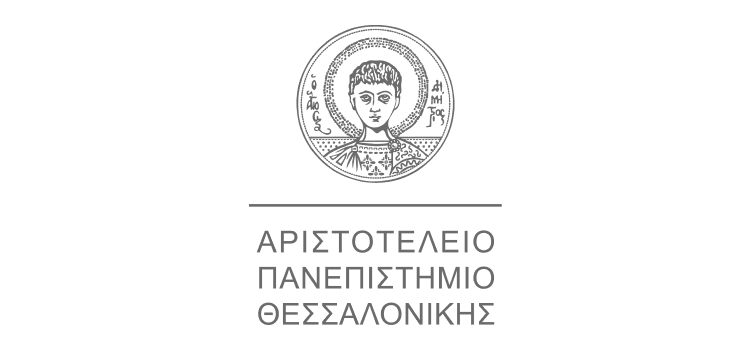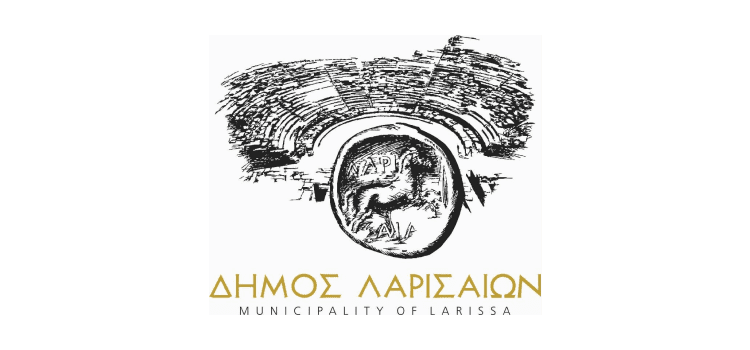Internal audit, as defined in the International Standards on Internal Auditing, is a professional and independent evaluation function that provides information and advice on management practices and activities at the level of the ministry/organisation. It contributes to improving the overall effectiveness and efficiency of government functions, transparency of the decision-making process by providing senior management and elected public officials with assurance on the design and operation of governance, risk management and control processes within their organisations.
ISSUE
- Lack of documented procedures and tasks per department
- Lack of a scientifically structured organisation chart
- Lack of job descriptions with clear separation of duties
- Lack of target setting at departmental and staff level
- Inability of management to exercise control
- Lack of a feedback mechanism on the effectiveness of procedures
- Low level of transparency
- High level of financial risks (material deprivation, loss of claims, wasteful management)
- Low level of information to citizens on the efficiency of public services
SOLUTION
- Mapping of processes with emphasis on those with a financial impact
- Establishment of a Risk Register with detailed description and assessment
- Control of processes and their controls
- Establishment of effective controls
- Regular, ad-hoc and periodic audits in line with changing needs
- Annual and periodic internal audit reports
- Identification of weaknesses and threats to management
- Clearly defined organisational structure
RESULT
- Transparent and efficient procedures
- Increased productivity due to clearly defined tasks
- Minimisation of financial risks
- More efficient operations
- Legal and regulatory compliance
- Production of systematic and quality information
- Optimal decision making by management
- Transparency within the organisation
- Development of the organisation’s resilience to external factors
- Increase in citizens’ confidence in public services and organisations




























